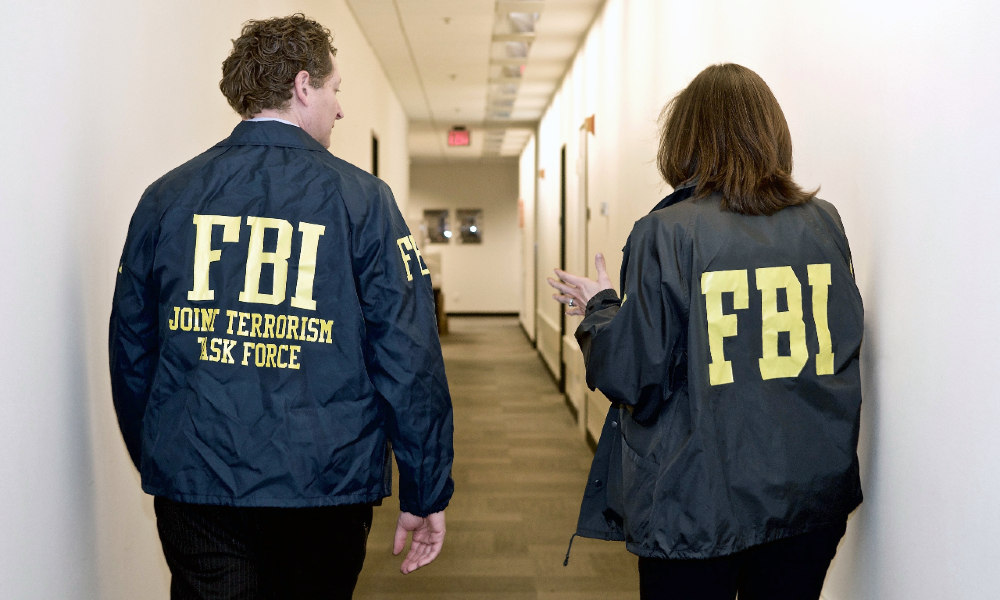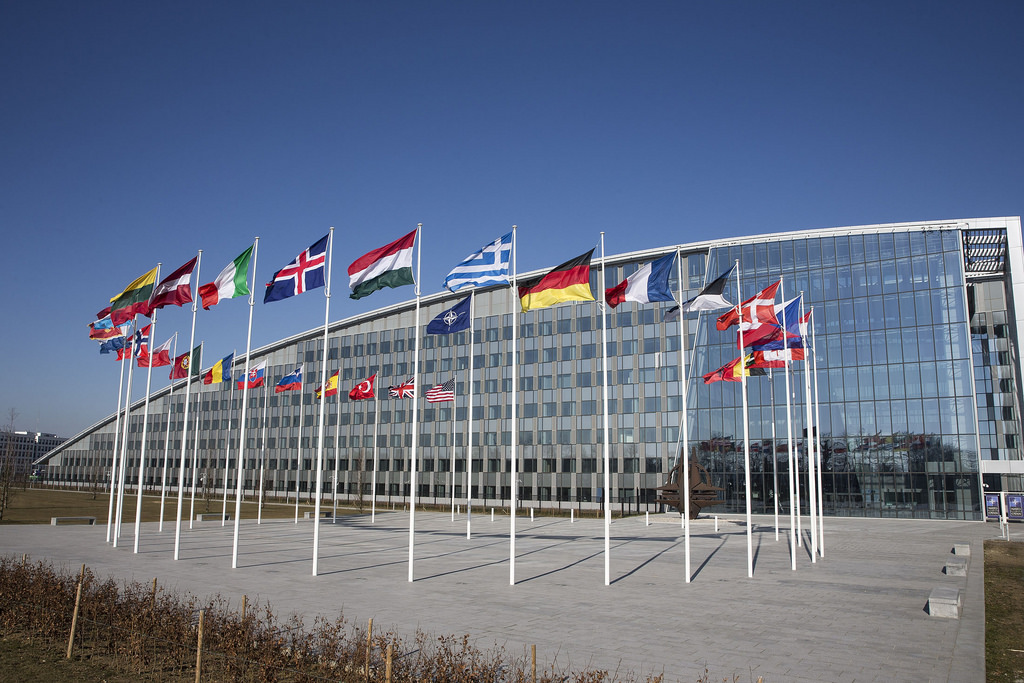A Smorgasbord of Views on Self-Pardoning
There is no obvious right answer on the validity of self-pardons, and if Trump becomes the first president to pardon himself, a court is unlikely to provide an answer.
“I have the absolute right to PARDON myself,” President Trump tweeted a few days ago. Presumably the president was talking about a self-pardon for federal crimes already committed, not state crimes and not future crimes. Is he right? No president has ever tried to self-pardon, constitutional text does not speak overtly to the issue and there is no judicial precedent on point. But that doesn’t stop people from voicing strong opinions. Here is a brief non-comprehensive survey.
In the “yes” camp: John Yoo emphasizes that the pardon power is broadly worded and contains no limitation for self-pardons. Mark Tushnet appears to agree. Andy McCarthy adds that the pardon clause’s one textual exception, for “Cases of Impeachment,” implies that “the Framers understood they were permitting the president to pardon himself” for crimes. Jonathan Turley makes similar points and answers some of the “no” arguments outlined below. Others in the yes camp include Robert Nida and Rebecca Spiro, who wrote a comprehensive article on the topic two decades ago, as well as Susan Low Bloch and Samuel Morison.
In the “no” camp, Larry Tribe, Richard Painter and Norman Eisen argue that self-pardoning is inconsistent with Article I’s insistence that someone removed from office by impeachment shall “nevertheless be liable and subject to indictment, trial, judgment and punishment.” The totality of the Office of Legal Counsel’s reasoning against self-pardons in 1974 was that “[u]nder the fundamental rule that no one may be a judge in his own case, the President cannot pardon himself.” Others, including Brian Kalt, Peter Shane, Tribe/Painter/Eisen and Cass Sunstein, make similar arguments. Kalt has also argued that a pardon implies a bilateral relationship, pardoner and recipient, that rules out self-pardons. (For his earlier comprehensive treatment, see here.) Jed Shugerman and Ethan J. Leib say that the prohibition on self-pardoning flows from the president’s duty to “take Care that the Laws be faithfully executed.” Elizabeth Holtzman concludes that self-pardons are invalid based mostly on historical arguments, and others invoke the Constitution’s background and ratification debates in various ways. Noah Feldman, for example, mentions this history but says the “basic problem with self-pardon is that it would make a mockery of the very idea that the U.S. operates under the rule of law.”
Those in the middle—who say “maybe” or “I don’t know” or “it’s unclear”—include the improbable quintet of Ted Cruz, Jessica Levinson, Keith Whittington, Gene Healy and Alan Dershowitz.
Dershowitz is probably right to emphasize that in the unlikely event a president is willing to take on the political costs of self-pardoning, it is unlikely that a court will ever decide whether such a pardon is lawful. First, “a prosecutor would … have to try to prosecute the former president.” Then, “the former president would have to raise the pardon as a defense.” Finally, “the courts would have to decide whether, under our system of separation of powers, the courts have jurisdiction to review a presidential self-pardon.” Dershowitz might have also mentioned that the successor president could, without legal controversy and to alleviate doubt, pardon the self-pardoned former president.
In sum, there is no obvious right answer on the validity of self-pardons, and if Trump becomes the first president to pardon himself, a court will probably not provide an answer.





